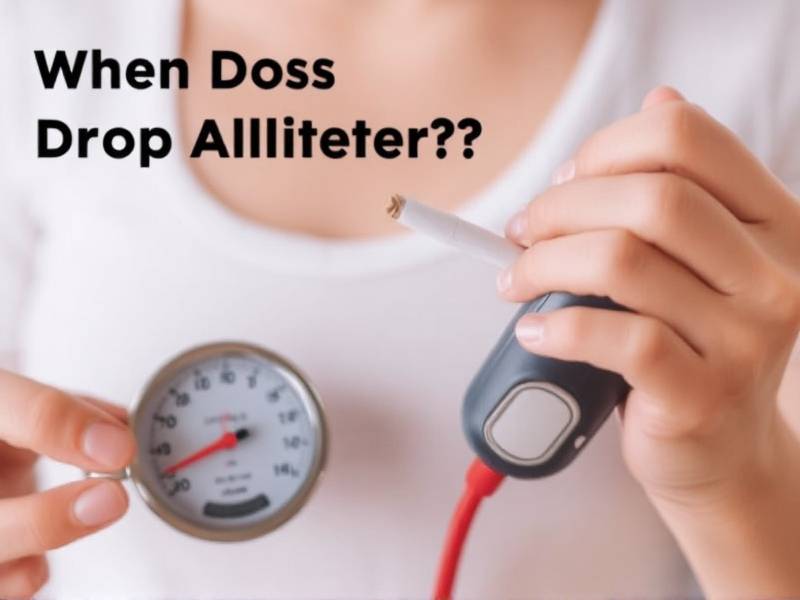When Does Blood Pressure Drop After Quitting Smoking?
Understanding the Timeline of Blood Pressure Reduction Post-Quitting Smoking
Introduction: Quitting smoking is a significant step towards improving one's health. While the benefits are numerous, many smokers often wonder about the timeline of recovery, particularly when it comes to blood pressure. This article delves into when blood pressure typically starts to drop after quitting smoking and the factors that influence this process.
Section 1: Immediate Benefits of Quitting Smoking

When you quit smoking, your body begins to heal almost immediately. Within just 20 minutes after your last cigarette, your heart rate and blood pressure start to drop. This is because your body is no longer exposed to the harmful chemicals in tobacco that constrict blood vessels and increase heart rate.
Section 2: Short-Term Blood Pressure Reduction
Within the first few days to weeks after quitting smoking, you may notice a gradual decrease in blood pressure. Research suggests that within two weeks, most people experience a reduction in their systolic blood pressure by an average of 10 mm Hg and their diastolic blood pressure by an average of 5 mm Hg.
Section 3: Long-Term Blood Pressure Reduction
Over time, as your body continues to recover from the effects of smoking, you can expect further reductions in blood pressure. According to the American Heart Association (AHA), within one to two years after quitting smoking, your risk of heart disease decreases by half compared to a smoker's risk.
Section 4: Factors Influencing Blood Pressure Reduction Post-Quitting Smoking
Several factors can influence how quickly and significantly your blood pressure drops after quitting smoking:
- Duration of Smoking: The longer you have smoked, the more significant the reduction in blood pressure may be.
- Age: Younger individuals tend to see faster improvements in their blood pressure than older adults.
- Genetic Factors: Your genetic makeup can also play a role in how quickly you experience these improvements.
- Overall Health Status: Those with pre-existing health conditions may see slower improvements in their blood pressure.
Conclusion: Understanding when your blood pressure will drop after quitting smoking can provide motivation and hope for those looking to kick the habit. By recognizing that improvements begin almost immediately and continue over time, smokers can stay committed to their journey towards better health. Remember, every step towards quitting is a step towards a healthier life!

